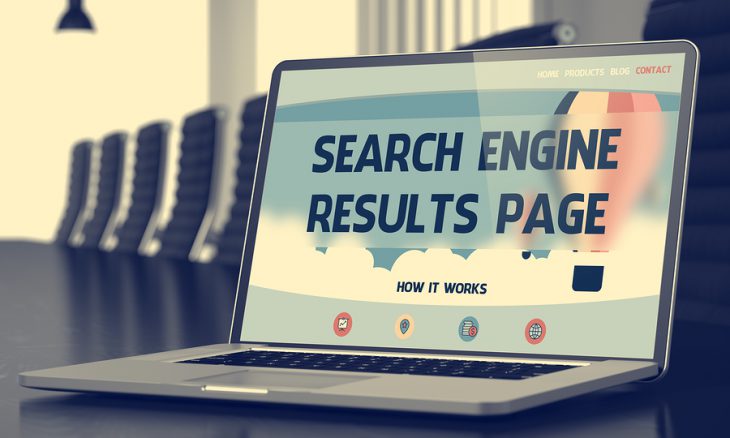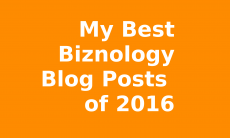A common theme with marketers is to acquire as much intelligence, data, and insight as possible in order to “place your bets”: meaning, you want to make sure that the money you are spending on marketing will ensure the people you want to reach actually consume your messaging and then act accordingly. And if they don’t act accordingly, at least you have the data, research, and insight to back up your investment decisions, right?
With digital, marketers have access to more data and insight than ever. Good marketers know the difference between the art and the science. Anyone can download a metrics report from a dashboard and look at the numbers (the science). But I would argue that the interpretation of that data (the art), is much more important.
For example, I work with a lot of our worldwide marketing teams on developing a digital strategy. Content is obviously going to be a key piece to supporting that digital strategy. Search is a critical piece. Whenever we start to review Google keyword data, one of the most common questions I get is: “How do you know our target audience is actually searching for that keyword?”
The short answer is: “I don’t, and I never will.”
Due to privacy laws, we’ll never be able to say with complete assurance that specific audience roles are searching for certain keyword phrases. The golden nugget of search would be the ability to say, “for the keyword ‘marketing strategy,’ which is searched on 18,000 times a month in Google, 56% of those searches are CMOs, 21% are Senior Marketing Professionals, 13% are MBA students, and 10% are hopeful college interns.” How nice would that be?
I’ve led some studies on this very subject with some of the top brands and agencies in the world, and the data tends to show that people rarely “self-identify” when searching. Meaning, you’ll rarely see a keyword like “business strategy for HR professionals” have any significant search demand. However, “business strategy” will have a ton of demand. Think about it: how often do you search using something like “I am a CMO with fourteen years of experience looking for information related to digital marketing”?
The reality is that, in order to identify which keywords align to which audience types, you have to apply the “art” that I mentioned. Google provides many clues and hints that will give you a better idea. Here are some tips on how to put on your “artistic” hat when looking at the science:
- When you are reviewing keywords and looking at the monthly search volume, don’t just focus on the number. Think about the audience you are targeting and ask yourself, “Are they really taking the time to sit down, open a browser, go to Google, and search for that topic?” You’d be surprised sometimes how often the answer is “I doubt it.”
- For example, a keyword like “finance” is searched for hundreds of thousands of times every month. Let’s say you want to target a Chief Financial Officer. If you’re just looking at the science, you’ll think to yourself, what a great keyword! Tons of volume! And, it’s financial-related, so we’ll get a ton of CFO’s to our site! But, when applying the art, you ask, “What CFO do you know that has to go to Google to learn about ‘finance’?”
- Do a Google search for the terms you are considering and take a close look at the results. There’s a bunch of nuggets and clues in there. Who is buying paid ads? Are competitors visible in the paid and organic results? Do the results and available content match up fairly well with who we want to target? If the answer to most of those is “yes,” you’ve now got some data and insight to back up your decisions. You’ve done what you can to validate keyword selections and audience types which will drive your Paid & Organic Search strategy.
- If you do this right, you’ll capture market interest via Google and you can then let the audience “self-identify” once they get to your landing pages and digital content (by using calls-to-action) and lead them down their journey.
Remember, science is great, but it’s useless without the art. Use this combination wherever possible and you’ll be able to better reach your target audience.






